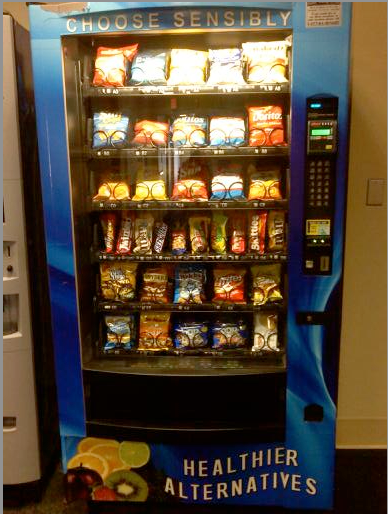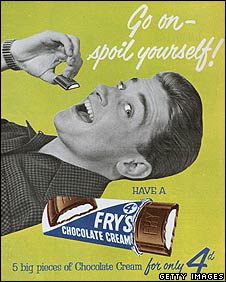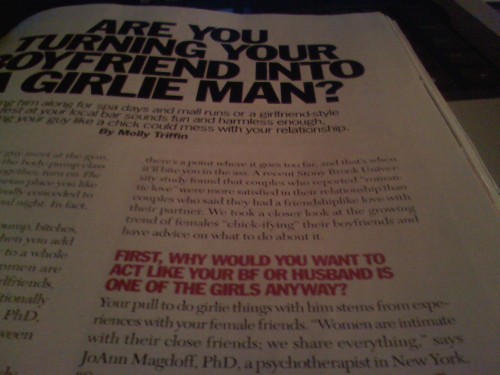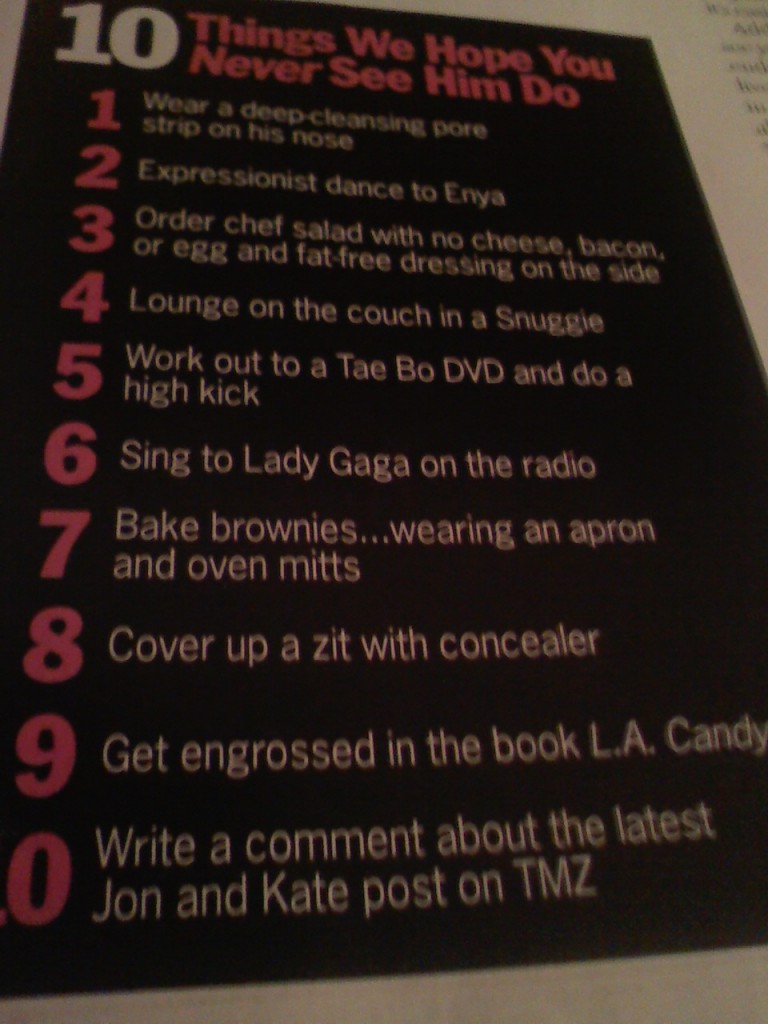Roisin O’R. sent in a great example of the heteronormativity pervasive in Valentine’s Day marketing. These “dark chocolate dippers” are designed to be dipped into hot milk and melted into hot chocolate. Seeing them at a UK health food store, Roisin noticed that they came packaged in boy-girl sets:
 She sent a note to the company and asked why they don’t just sell the sticks individually so that the product would be open to gay and lesbian couples (and, for that matter, polyamorous relationships or people who just want to include their kids or grandma). Roisin writes that the company said that:
She sent a note to the company and asked why they don’t just sell the sticks individually so that the product would be open to gay and lesbian couples (and, for that matter, polyamorous relationships or people who just want to include their kids or grandma). Roisin writes that the company said that:
…they were “following the market” and if I knew of any stores that would want “his n his or hers n hers” to let them know. They missed my point.
Sometimes it’s the little things that make people feel excluded, invisible, unimportant, or unwelcome.
For more examples of heteronormativity, see our posts on sea monkeys and more, cell phones for kids, and signing up for Trillian. Also see our post destabilizing heteronormativity with birdies!
—————————
Lisa Wade is a professor of sociology at Occidental College. You can follow her on Twitter and Facebook.















